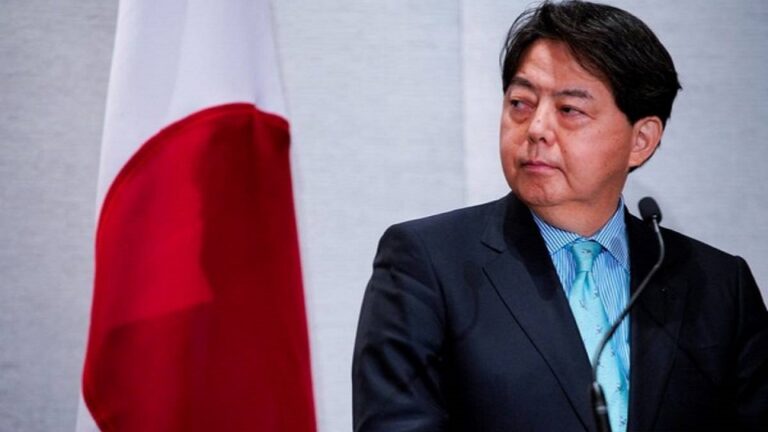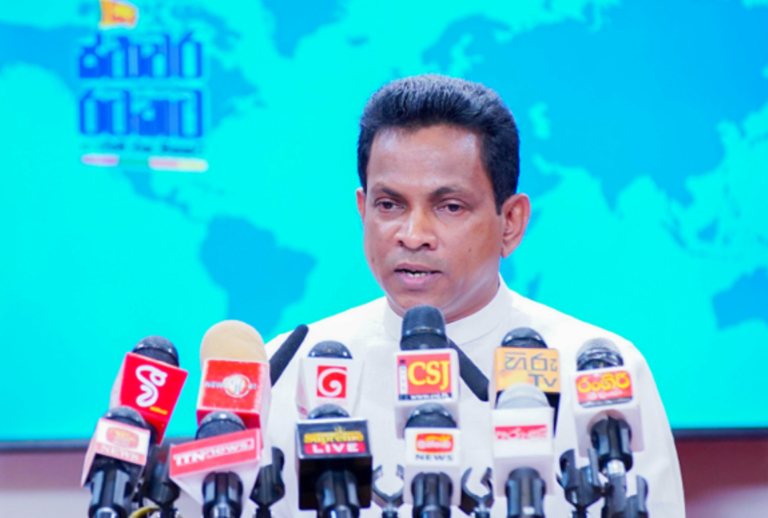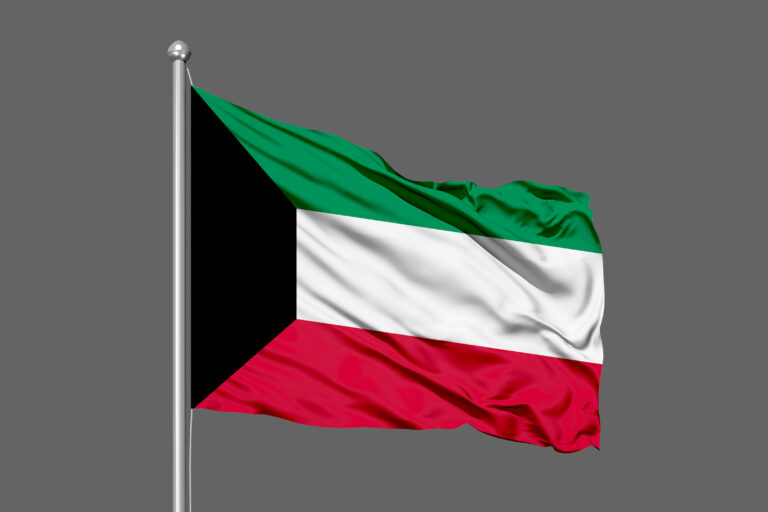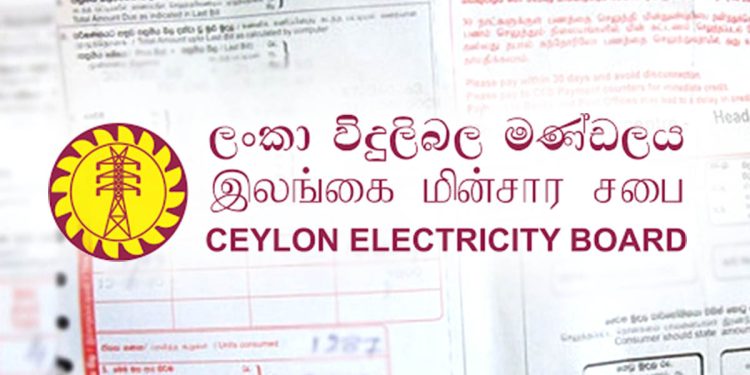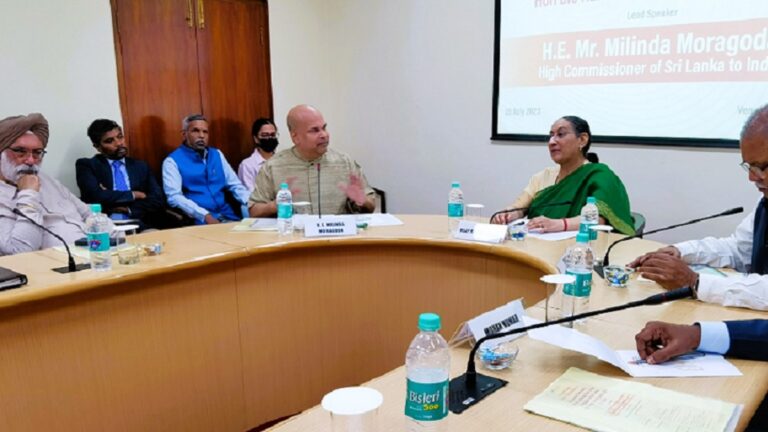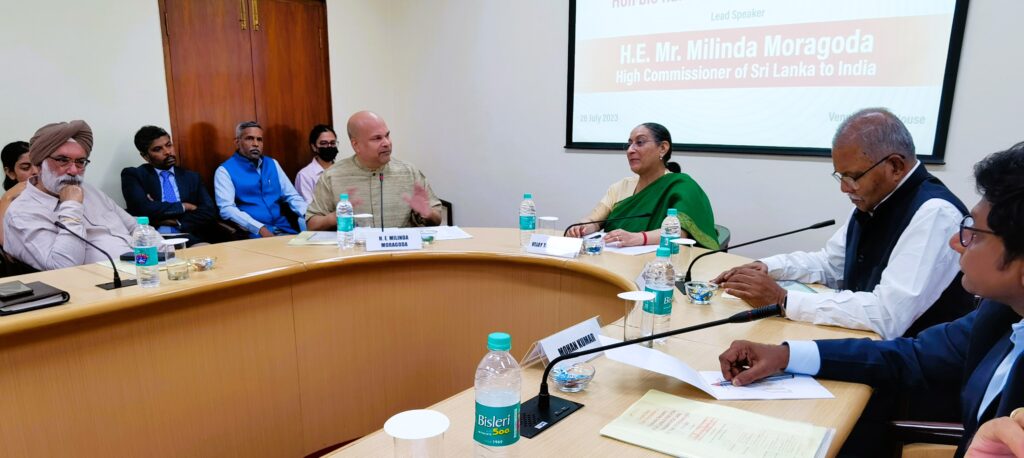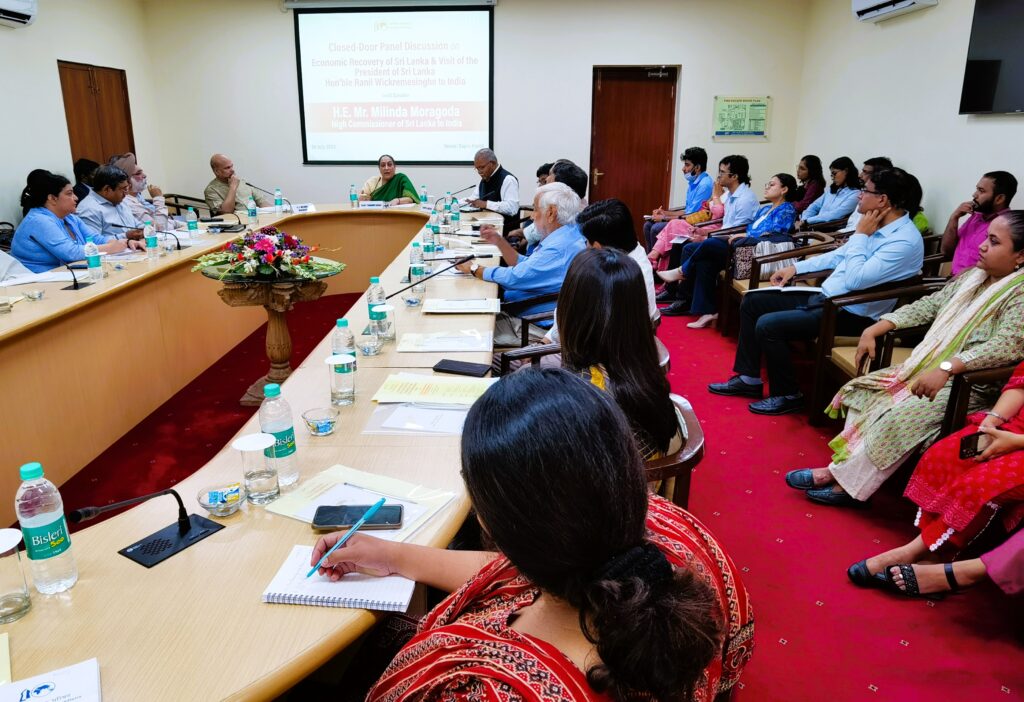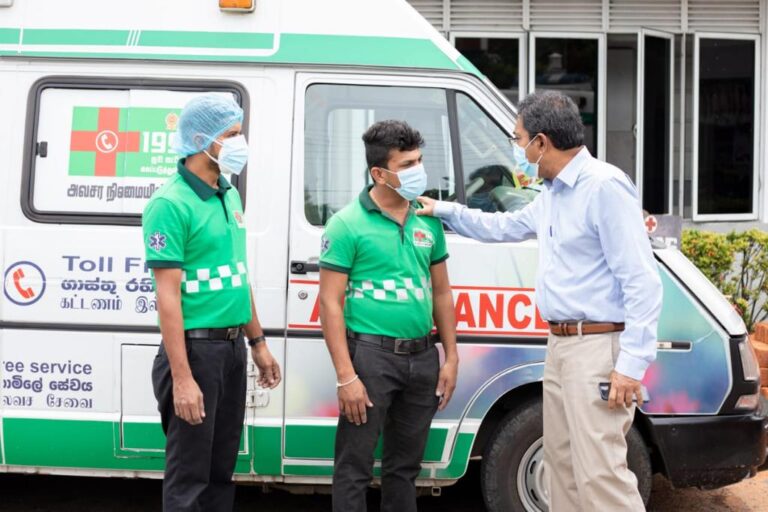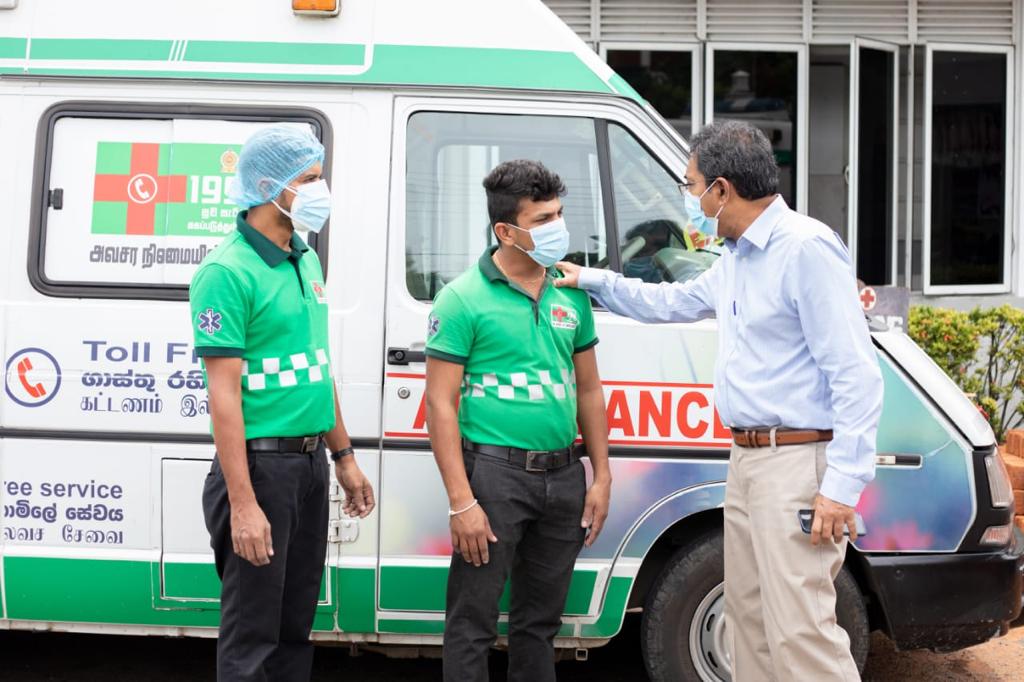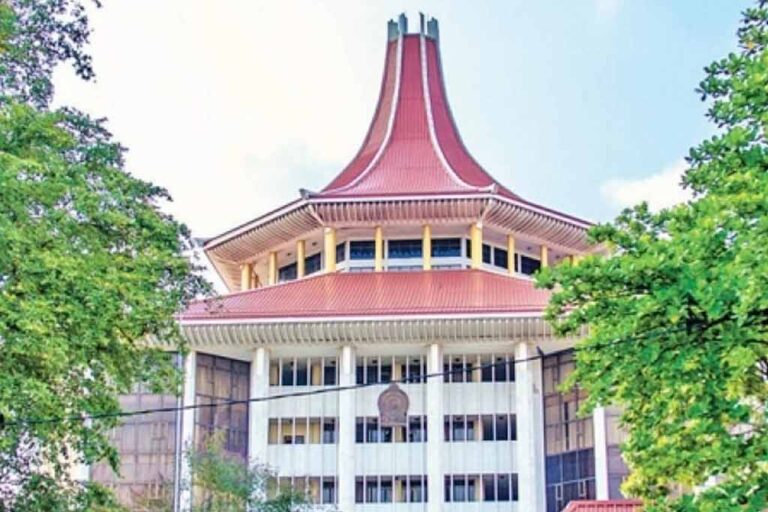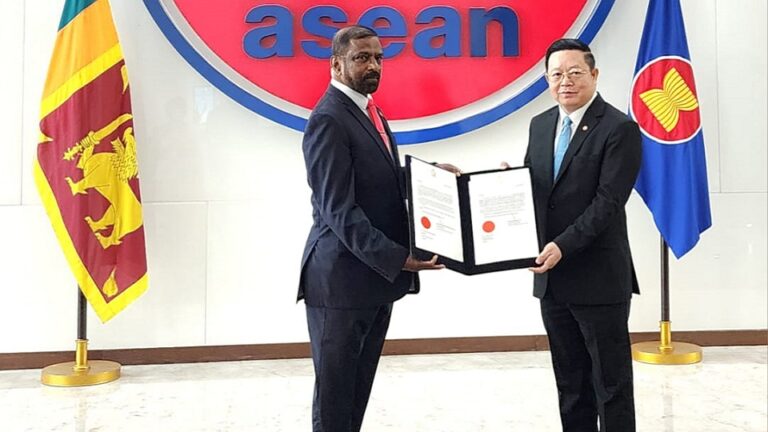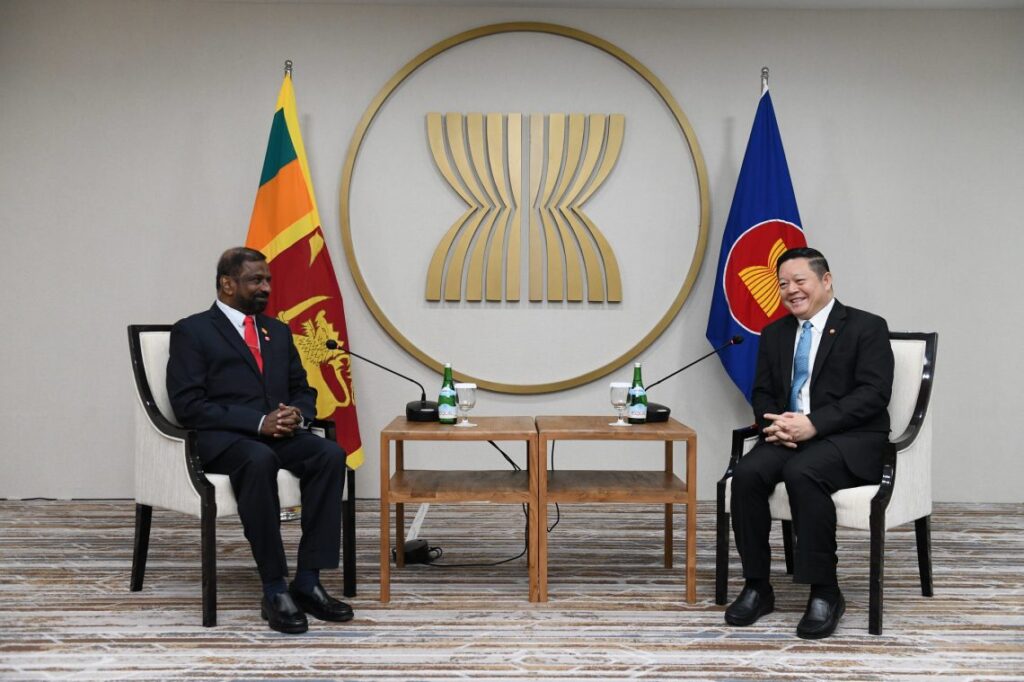The Foreign Affairs Minister of Japan, Hayashi Yoshimasa, is set to arrive in Sri Lanka tonight (July 28) for a two-day official visit, according to the President’s Media Division (PMD).
During his stay, Minister Hayashi will engage in bilateral discussions with his Sri Lankan counterpart Ali Sabry at the Foreign Ministry in Colombo. Additionally, he will pay courtesy calls on President Ranil Wickremesinghe and Prime Minister Dinesh Gunawardena.
Accompanying Minister Hayashi will be a delegation consisting of key officials from the Japanese Foreign Ministry, including Murakami Manabu (Senior Foreign Policy Coordinator), Arima Yutaka (Director General of Southeast and Southwest Asian Affairs), Endo Kazuya (Director General International Cooperation), and Okano Yukiko (Deputy Press Secretary).
The delegation’s agenda also includes a visit to one of the Japanese Official Development Assistance (ODA) sites in Sri Lanka, showcasing Japan’s commitment to supporting development projects in the country.
In a separate historic event, President of France Emmanuel Macron is also planning to undertake a brief visit to Sri Lanka on the same evening. During his visit, President Macron will meet with Sri Lankan counterpart Ranil Wickremesinghe to discuss strengthening bilateral ties and addressing shared regional and global challenges.
President Macron, accompanied by French Minister for Europe and Foreign Affairs Catherine Colonna and a high-level delegation from the French Government, is currently on an official visit to the Pacific region, traveling to Vanuatu and Papua New Guinea before arriving in Sri Lanka.

